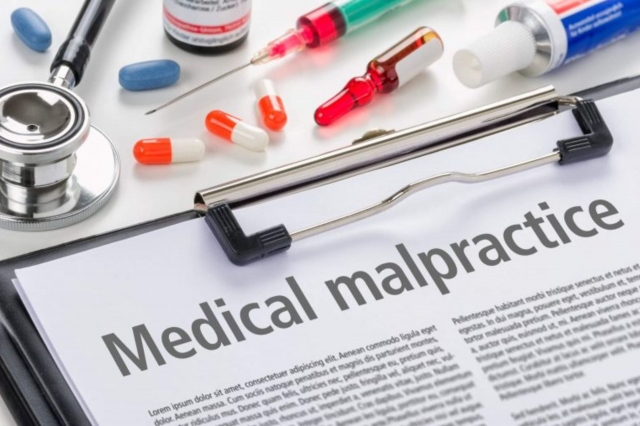Medical malpractice is a serious offense, primarily because of its devastating effects on patients. Every affected individual needs to seek compensation through medical malpractice claims.
However, you must understand the situation well to get the most out of your claim. In other words, you need to learn more about medical malpractice to strengthen your case.
In this article, you will learn about the parties you can sue in a medical malpractice claim.
Doctors and Surgeons

Doctors and surgeons are often the first parties considered in a medical malpractice claim. These healthcare professionals are responsible for diagnosing and treating patients.
They can be held liable for any resulting harm when they fail to meet the standard of care. This may be through misdiagnosis, surgical errors, or improper treatment.
Common Claims Against Doctors and Surgeons
- Surgical errors: Mistakes during surgery can have devastating effects on a patient. Some of these mistakes include leaving surgical instruments in a patient or operating on the wrong site.
- Misdiagnosis or Delayed Diagnosis: Failing to diagnose a condition correctly or delaying a diagnosis can worsen the patient's condition.
- Prescription Errors: Prescribing the wrong medication or incorrect dosage can cause significant harm to patients.
Hospital and Medical Facilities
Hospitals and medical facilities can also be held liable for medical malpractice. These institutions are responsible for ensuring that their staff provides competent and safe care to patients. When systemic issues or administrative failures contribute to patient harm, the facility itself can be sued.
Common Claims Against Hospitals and Medical Facilities
- Negligent Hiring and Supervision: If a hospital hires unqualified staff or fails to supervise its employees properly, it can be held liable for any resulting harm.
- Inadequate Policies and Procedures: Hospitals must have adequate policies and procedures in place to ensure patient safety. Failure to implement or follow these procedures can lead to patient injury.
- Unsafe Environment: Unsafe conditions within the hospital, such as unsanitary environments or poorly maintained equipment, can harm patients.
Nurses and Other Healthcare Professionals
Nurses, anesthetists, physician assistants, and other healthcare professionals play critical roles in patient care. If their actions or omissions harm patients, they can be named in a medical malpractice claim.
Common Claims Against Nurses and Healthcare Professionals
- Medication Administration Errors: Mistakes in administering medication, such as giving the wrong drug or incorrect dosage, can cause serious health issues.
- Failure to Monitor Patients: Nurses are responsible for monitoring patients' conditions. Failure to do so can result in unnoticed complications or deterioration.
- Improper Patient Care: Providing inadequate care, such as neglecting to follow a doctor's orders or failing to respond to a patient's needs, can lead to harm.
Medical Device Manufacturers
Similar to pharmaceutical companies, medical device manufacturers can be sued if their products harm patients. Defective or improperly designed medical devices can lead to severe injuries and complications.
Common Claims Against Medical Device Manufacturers
- Defective Devices: Faulty design or manufacturing defects that make a device unsafe for use.
- Failure to Provide Adequate Instructions: Inadequate instructions or warnings about the proper use of a device can harm patients.
- Design Flaws: Flaws in the design of a medical device make it inherently dangerous.
Pharmaceutical Companies
In some cases, pharmaceutical companies can be held liable for a medical malpractice claim. If a medication is found to be defective or dangerous, the manufacturer can be sued for any harm caused to patients.
Common Claims Against Pharmaceutical Companies
- Defective Drugs: Manufacturing errors that result in unsafe medications can lead to patient injury.
- Failure to Warn: If a pharmaceutical company fails to provide adequate warnings about the risks and side effects of a medication, it can be held liable for resulting harm.
- Misinformation: Providing inaccurate or misleading information about a drug can also lead to liability.
Conclusion
Medical malpractice claims can involve a variety of parties. Identifying all responsible parties is essential for ensuring that victims receive fair compensation for their injuries.






